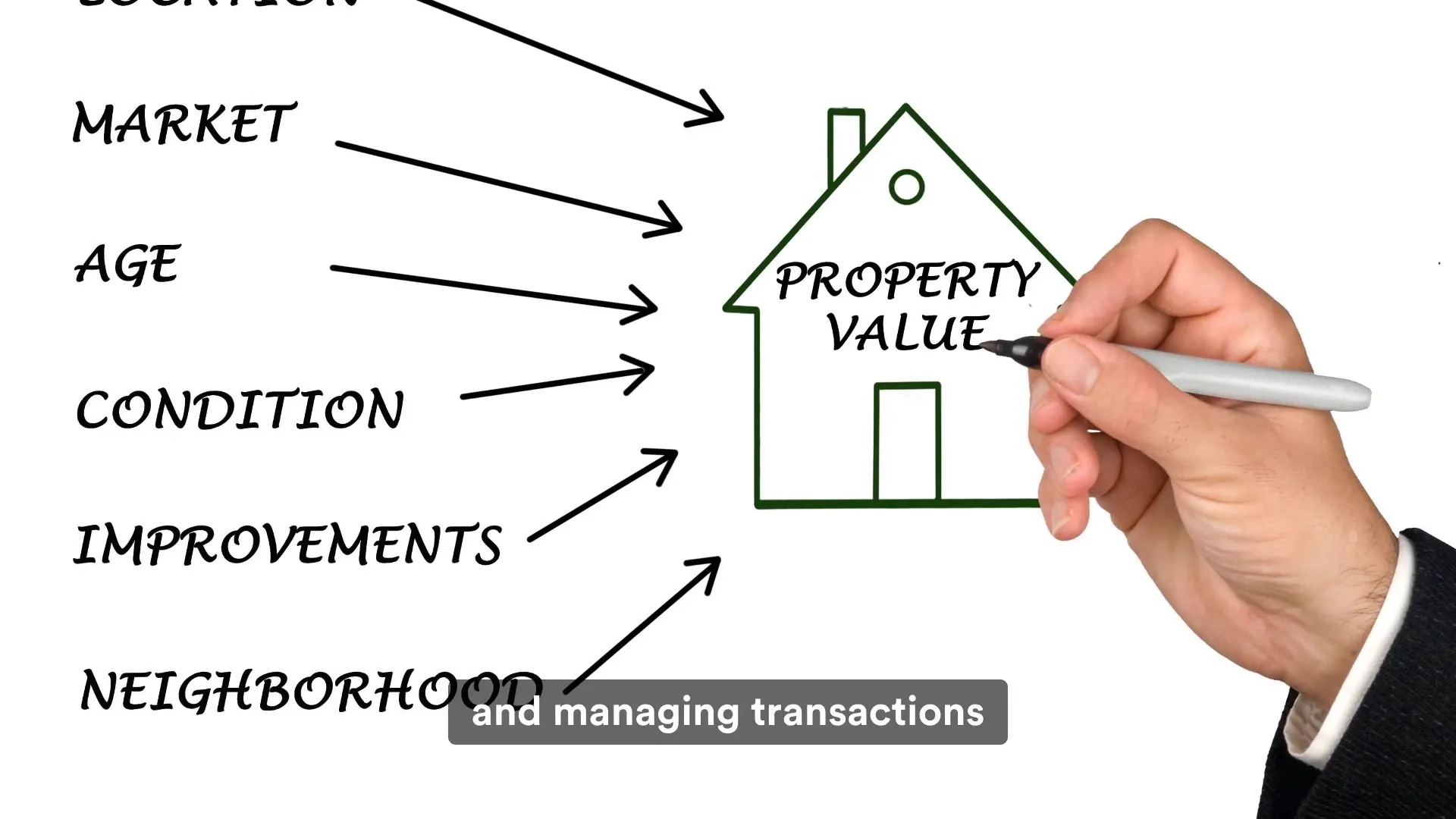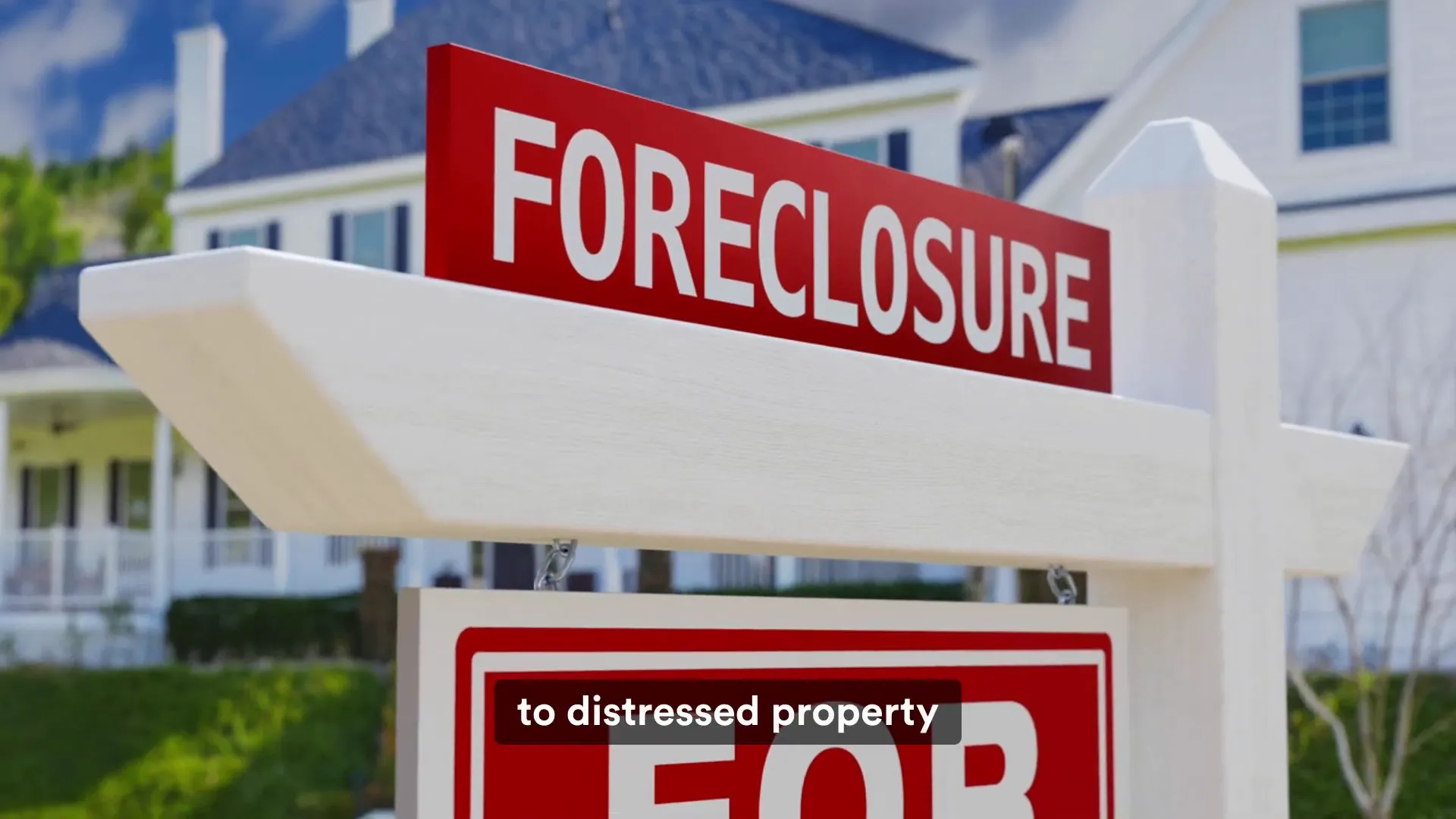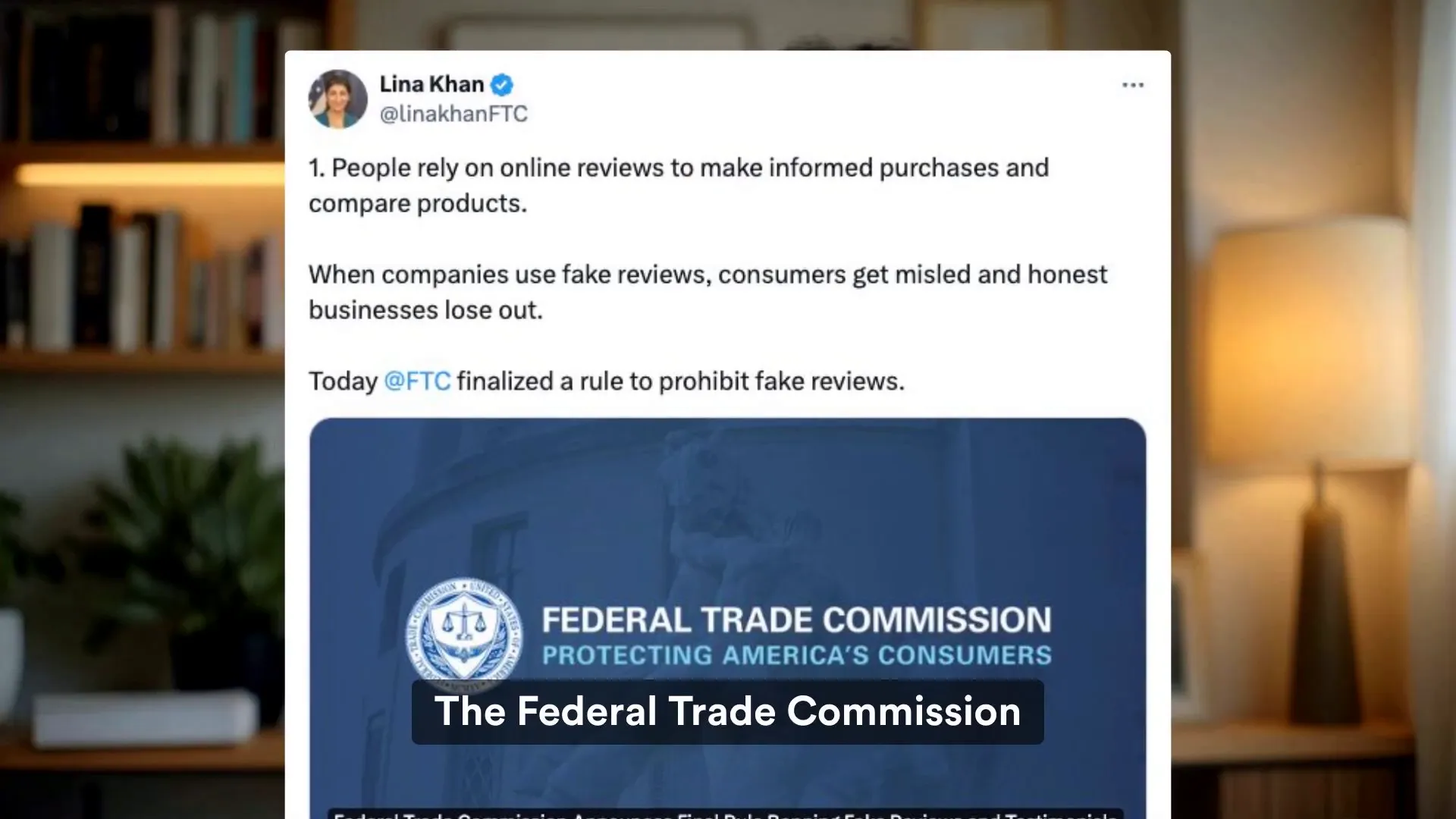Real Estate Guru Scams EXPOSED: How to Spot Fake Wealth and Protect Your Money
Discover how to identify real estate guru scams, understand their tactics, and learn practical tips to safeguard your investments from costly frauds.
Loading video...
Real Estate Guru Scams EXPOSED: How to Spot Fake Wealth and Protect Your Money
Real estate investing is often painted as a quick and easy path to riches by flashy gurus promising wealth with no money, no experience, and no effort. But the truth is far from that. In this article, inspired by insightful content from Start With Cents, we dive deep into the world of Real Estate Guru Scams, revealing the tactics these so-called experts use to separate you from your hard-earned cash. We’ll expose the four main types of real estate guru scams, explain why their promises are unrealistic, and share practical advice on what it truly takes to build lasting wealth through property.
Table of Contents
🔍 The Problem with Fake Real Estate Gurus
Many real estate gurus lure beginners with images of Lamborghinis and million-dollar mansions, but rarely show the actual deals that funded their lifestyle. The Federal Trade Commission (FTC) warns that these flashy lifestyle marketing tactics are designed to distract from a lack of real substance. Most of these luxury shots have nothing to do with genuine real estate profits.
These gurus promise you can make millions from your couch, achieve financial freedom without lifting a finger, and even start investing with zero money and zero experience. Sounds too good to be true? That’s because it is.

Most of these self-proclaimed experts have never flipped a house or built a real estate portfolio. Their real income comes from selling expensive courses and coaching programs, not from property deals. If someone truly had a secret formula to make millions, why sell it instead of using it themselves?
💰 How Fake Gurus Really Make Money
The typical guru business model starts with a free seminar or webinar promising easy wealth. They then sell a basic course, followed by an expensive coaching program, and finally exclusive investment opportunities or advanced training at even higher prices. The FTC notes these programs can cost thousands or even tens of thousands of dollars.
Consider this math:
-
Selling a $500 basic course to 1,000 people = $500,000
-
If 100 people upgrade to a $5,000 coaching program = $500,000 more
That’s how gurus afford luxury cars and mansions — through course sales, not real estate investing.

They use high-energy sales pitches and create fake urgency with countdowns and limited spots to pressure you into quick decisions. This tactic stops you from asking critical questions like, “Where are your actual property deals?”
⚠️ Why No-Effort Investing Is a Myth
Gurus claim you can earn passive income with little to no effort, but real estate investing demands significant work:
-
Properties need repairs
-
Tenants require management
-
Markets must be analyzed
-
Deals need negotiating
Even if you hire property managers, oversight is still necessary. Kiplinger emphasizes the real effort required to vet properties and manage transactions safely. Real estate markets are competitive, dominated by seasoned investors with capital and networks. The idea that a beginner can jump in and make millions immediately is mathematically impossible.

🚩 Four Types of Real Estate Guru Scams
The FTC categorizes real estate scams into four main types, each with its own tricks targeting beginners:
1. Info Product Kings and Queens
These gurus sell expensive courses filled with recycled, basic information freely available online. They package simple concepts like “buy low, sell high” into $2,000 courses with fancy names like “The Ultimate Real Estate Wealth System.” It’s like buying a cookbook with five basic recipes but paying hundreds of dollars for it.

The FTC warns many such programs promise proven strategies but deliver worthless training. Most people never recoup their investment.
2. Foreclosure Mavericks
These scammers claim exclusive access to distressed foreclosure deals “regular investors” can’t find. They promise properties for pennies on the dollar through special foreclosure systems. Bankrate and the FTC report these schemes often target vulnerable homeowners facing foreclosure, demanding upfront fees for services that never materialize. The exclusive deals either don’t exist or are overpriced.

3. No Money Down Delusionists
These gurus push financing schemes that promise you can buy properties with zero down payments using creative financing, sometimes suggesting credit cards or other people’s money. The FTC cautions that such claims downplay the real risks and often violate lending laws. These schemes depend on inflated property values and unsustainable financing terms, creating dangerous financial situations for inexperienced investors.

4. Get Rich Quick Gurus
These are the high-pressure salespeople promising instant wealth with minimal effort. They use fake testimonials, artificial scarcity claims (“only 20 spots left”), and upselling funnels to extract thousands or even tens of thousands of dollars from hopeful buyers.

The FTC warns these gurus protect themselves with disclaimers stating results are “not typical” or “no income claims,” while their marketing guarantees impossible returns. Treat glossed-over risk disclosures as red flags — real investments always involve risk.
🛡️ Protect Yourself from Real Estate Guru Scams
Now that you know the four main scam types and their tactics, here’s how to avoid falling victim:
-
Be skeptical of flashy lifestyle marketing that lacks proof of actual deals.
-
Question unrealistic promises of no money, no experience, and no effort.
-
Research the guru’s real estate experience — have they truly invested successfully?
-
Beware of high-pressure sales tactics and artificial urgency.
-
Check independent sources like Investor.gov for legitimate education.
-
Never pay for get-rich-quick promises or expensive “secret formula” courses.

📈 What Real Estate Investing Actually Requires
Building real wealth through real estate demands:
-
Capital: Savings for down payments, repairs, and reserves.
-
Knowledge: Understanding local markets, property management, and financing.
-
Time: Years of learning, networking, and hands-on experience.
-
Risk Tolerance: Real estate involves market fluctuations and tenant challenges.
Successful investors spend years building relationships with contractors, managing tenants, and carefully analyzing deals. It’s a marathon, not a sprint.
❓ FAQ About Real Estate Guru Scams
Q: Can I really start real estate investing with no money and no experience?
A: No legitimate investor can guarantee success without capital, knowledge, and effort. Claims of “no money down” are often misleading or involve risky financing that can backfire.
Q: Are all real estate courses scams?
A: Not all courses are scams, but be careful. Many expensive programs recycle free information and don’t deliver real value. Always verify the instructor's experience and check independent reviews.
Q: How can I spot fake testimonials?
A: Fake testimonials often seem overly polished or scripted. Look for verifiable success stories and beware of exaggerated claims backed only by videos or social media posts.
Q: What should I do before investing in a real estate training program?
A: Research thoroughly, seek advice from trusted sources like the FTC or SEC’s Investor.gov, and never rush into buying courses due to pressure tactics or artificial scarcity.
Q: Is real estate investing worth the effort?
A: Yes, but it requires patience, education, and hard work. Real wealth comes from understanding markets, managing risk, and consistent effort over time.
Conclusion
Real estate guru scams prey on hope and dreams, selling expensive courses instead of genuine investment opportunities. By recognizing the warning signs and understanding what real estate investing truly requires, you can protect your money and avoid costly mistakes.
Remember, building wealth in real estate demands capital, knowledge, time, and risk tolerance — not shortcuts or get-rich-quick schemes. Stay informed, be skeptical of flashy promises, and focus on realistic strategies that stand the test of time.
If this article helped you avoid a costly mistake, consider sharing your own experiences with real estate gurus in the comments below and spreading awareness to protect others.
Subscribing really helps.
Subscribe to help me create more helpful videos for everyone's benefit.
** Subscribe to @StartWithCents **
🚀 Ready to Build Real Wealth?
You've learned the strategy – now it's time for action!
🎬 Get Weekly Financial Education
Join thousands learning smart money strategies that actually work.
📺 Subscribe to @StartWithCents
💎 Download Your Free Wealth-Building Tools
Get the exclusive "First Dollar Game Plan" – your step-by-step guide to financial freedom.
📚 Continue Your Financial Journey
Explore more money-smart articles and strategies.
📖 Read More Posts • 🏠 Homepage
💡 Remember: Knowledge without action is just entertainment. Take one step today!

